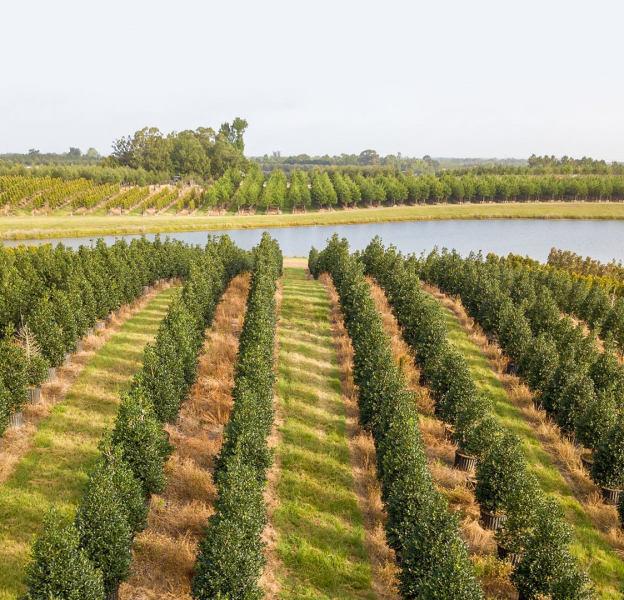Crop Insurance
From natural disasters to severe market disruptions, Farm Credit supports a strong crop insurance program that provides the critical safety net for the farm families who feed the world.

Risk mitigation tools – like crop insurance – helps farmers return to the fields
For nearly 100 years, the Gross family in Weidman, Michigan, has operated a full-time dairy.
The farm was passed through generations to brothers Phil and Steve. After the two assessed the farm, they recognized the need to transition from a dairy to a cash crop operation.
Looking to manage their risk, the brothers looked to Farm Credit for crop insurance. The two then worked with their local crop insurance specialist to come up with a coverage plan that worked for their needs.
Phil and Steve’s experience underscores why Congress created the crop insurance system: to promote the economic stability of agriculture. It is a successful public-private partnership that is federally regulated and delivered by the private sector to help farmers maintain the country’s safe, affordable food supply.
As a dedicated provider of credit to rural communities and agriculture – in good times and bad – Farm Credit supports a strong federal crop insurance program. Created by Congress, the Federal Crop Insurance Corporation (FCIC) promotes economic stability. Crop insurance protects farmers and ranchers against financial losses caused by weather and market disruptions that could result in lower prices for agricultural products.
This program also allows lenders to finance many agriculture producers, particularly young and beginning farmers, who typically have less collateral and equity.
Farm Credit advocates to maintain a strong farm policy that includes affordable crop insurance. Impairments to the program, such as shrinking the risk pool, could make crop insurance unavailable or unaffordable to producers.
We also advocate for more coverage options for specialty and niche crops, while continuing to serve the program’s traditional commodities constituency.
Organic Blueberries, LLC
After a devastating crop loss due to frost, Victoria Carini knew she needed an extra layer of protection for her farm. She worked with GreenStone Farm Credit Services to find the right policy for her operation.
